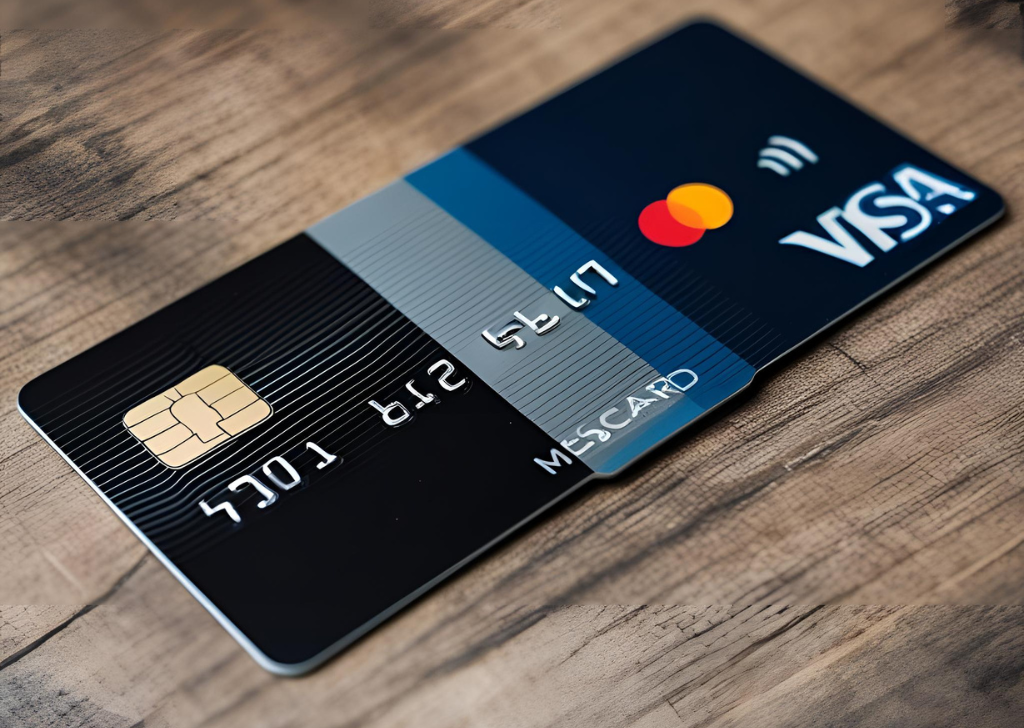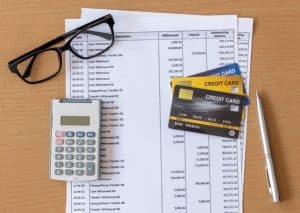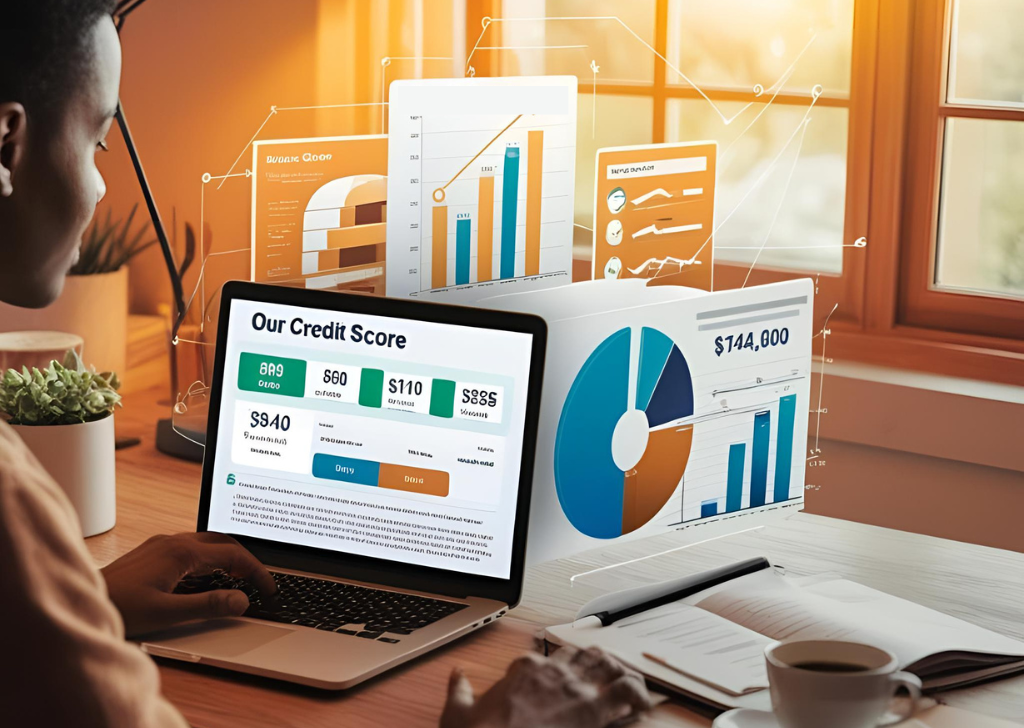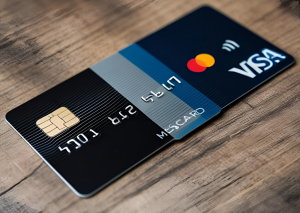Credit cards have become an essential element of our financial life, making our daily transactions more convenient and flexible. They provide us with a sense of fiscal independence by enabling us to spend on items and pay them off gradually. However, maxing out a credit card is only one of the terrible outcomes that can result from reckless utilization or management of credit cards.

What It Means to Max Out a Credit Card
People know using up all of a credit card’s available cash to reach the credit limit as maxing out the card. Multiple variables, including excessive spending, unforeseen events, or a lack of financial preparation, might lead to this circumstance. At first glance, maxing out a credit card can appear innocuous, but it can have serious consequences for your short-term financial status as well as your long-term financial well-being.
How Debt Impacts Your Credit Score
Having debt has both positive and negative effects on your credit score. Managing debt responsibly can contribute to a good credit history. Conversely, when you carry excess debt relative to your credit limits (also known as your credit usage ratio), it can harm your credit score. Numerous negative effects can result from having a poor credit score, including higher loan interest rates, higher-than-average insurance costs, and even difficulties finding employment or a place of residence.
Credit Reports and Employment Opportunities
Employers check credit reports as part of the employment process in several businesses, especially those that deal with financial management or security. A lot of credit card debt might make prospective employers doubt your fiscal responsibility.
They may notice large balances or frequent delinquencies, which could raise concerns about fiscal responsibility. This scrutiny might hinder your ability to develop in your profession or even exclude you from specific positions, which lowers your potential for success and makes financial recovery more difficult.
How Debt Limits Your Financial Future
Long-term credit card debt may hamper your financial potential because lenders may refuse to provide loans, preventing important life expenditures like home purchases or business startup expenses. Elevated levels of debt may restrict funding for education and other initiatives that might raise earning potential.
Furthermore, as people might use interest payments for savings, groceries, electricity, or other necessities, carrying a large credit card debt can raise living expenses. Saving for the future and achieving financial security may become more difficult as a result.
Impact on Emergency Funds and Retirement
In addition to making it more difficult to accumulate an emergency fund, high debt levels might make people more susceptible to financial emergencies. Credit card debt can also affect retirement savings since it can cause a substantial amount of your paycheck to be utilized for debt, delaying retirement plans and lowering the quality of life.
Insurance Costs Tied to Credit Scores
A major factor in deciding your insurance rates is your credit score, which excessive credit card debt can adversely impact. Credit scores are used by many homeowners’ and vehicle insurance companies to determine risk (in jurisdictions where it’s permitted). Higher premiums may arise from a poorer score, which is frequently the consequence of late payments or heavy credit usage.
For instance, a person with adverse credit may have to pay several hundred dollars more a year for vehicle insurance than a person with good credit. This discrepancy can build into thousands of dollars over several years, further depleting your resources. This expense is a hidden consequence of having credit card debt, even though it might not be obvious at first.
The Trap of Minimum Payments
The temptation of making only the minimum payments is one of the main causes of people becoming caught in the credit card debt trap. Although it has two drawbacks, the option to pay a portion of the remaining amount may provide temporary respite. Despite their seeming manageability, minimum payments often cover only a fraction of the total amount owed, allowing interest to accumulate on the majority of the debt.
Credit Utilization and Score Decline

Having a credit card balance affects credit ratings in addition to creating a financial burden. Credit scores are significantly influenced by credit usage, which is determined by the proportion of credit card balances to credit limits. Carrying balances might result in high credit use, which can drastically reduce credit ratings and make it more difficult to get future favorable lending conditions.
Debt’s Effect on Financial Flexibility
Financial flexibility can be greatly impacted by credit card debt because high recurring payments impose a burden on the budget and restrict savings, investments, and unforeseen costs. Long-term financial objectives like buying a property or retirement savings become more challenging as a result. Years may pass while you are in debt due to the strain of minimal payments.
Make debt payback a priority in your budget, set up an emergency fund, and receive financial counsel for a thorough debt repayment plan to increase your financial flexibility.
The Psychological Toll of Credit Card Debt
It is important to recognize the psychological effects of having credit card debt. Anxiety, despair, and a host of additional psychological disorders can be brought on by financial stress. Your well-being may suffer greatly due to your ongoing concern about completing payments and your dread of accruing further debt.
Research has indicated a robust association between mental health issues and financial debt. People who have a lot of debt are more inclined to suffer from diseases linked to stress, be less productive, and have strained relationships.

Steps Toward Responsible Debt Management
Make prudent debt management a top priority to protect your credit score. Make a debt payback plan and keep track of your debt by recording the amount owed, interest rate, monthly payment, and original amount owed. To monitor fees and conditions, use a debt payment tracker.
Set up autopay to make certain you don’t miss any of your monthly loan payments. To get updates on your recent purchases, bill balance, and due dates for payments, set up notifications. Since credit usage accounts for a sizable amount of your credit score, keep it low. To save interest and possible late penalties, avoid making pointless purchases with your card and settle off balances in full each month.
Smart Approaches to Debt Consolidation
Steer clear of needless debt since online purchases may appear to be “fake money.” Debt can be taken out for financial advantages in the future or for necessities. Take debt consolidation, which reduces interest rates or monthly payments by combining many loans into a single loan. When considering debt consolidation, weigh the pros and cons carefully to make the most informed decision.





